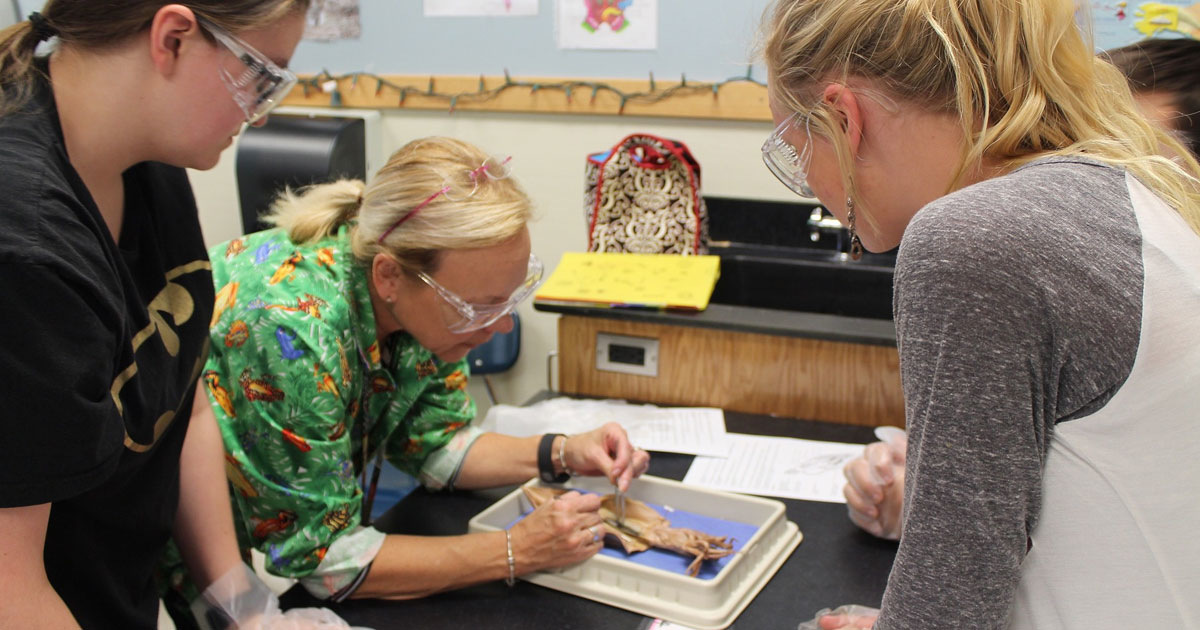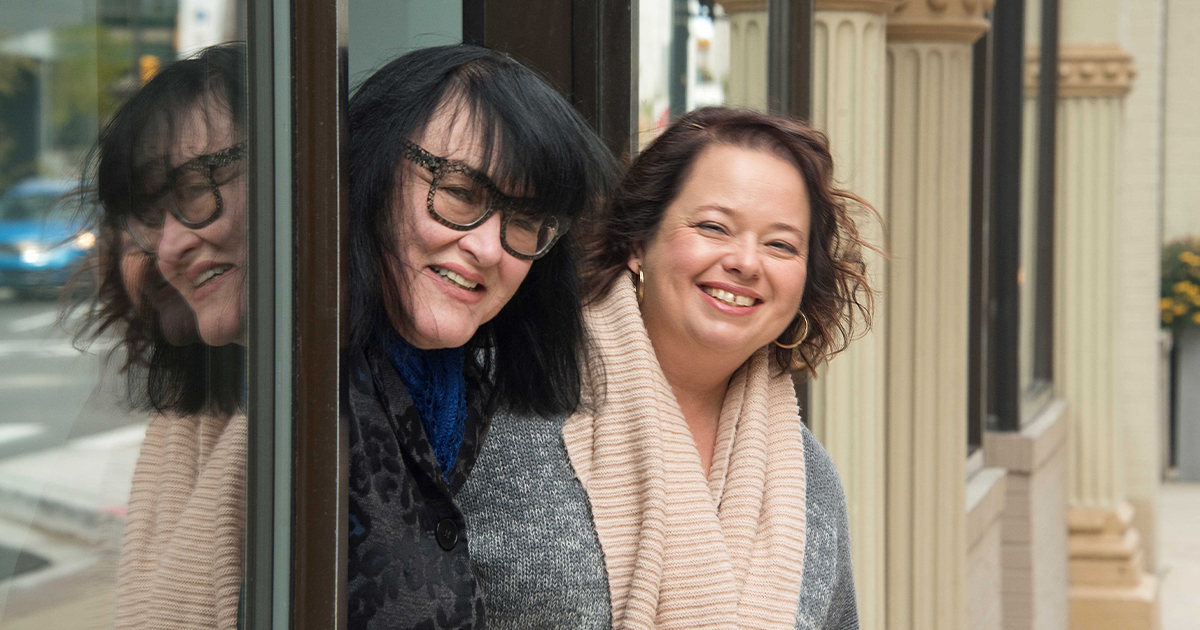Women in STEM (science, technology, engineering and math) encounter a variety of challenges—some related to gender, some not. While half of all Bachelor's degrees in STEM fields are earned by women, women earn fewer STEM doctoral degrees than men, and most of the leadership positions in the industry and academia are still held by men.
Women face additional obstacles due to societal and familial expectations, which are experienced to lesser extent by men. In academia, the issue is compounded by the coincidence of ideal childbearing years with the most intense period of work productivity; this includes graduate school and probationary or pre-tenure faculty positions.
Because there are often few high-level women in an organization, younger women may become discouraged by feelings of self-doubt and not belonging—even in the absence of overt discrimination.
These experiences are likely to cause younger women to moderate their ambitions or drop out of the pipeline entirely.
Additionally, specific support for women—such as women's health and maternity issues—may be misunderstood or overlooked by a predominantly male administration. It's important for women to have examples of others who have successfully navigated similar obstacles, to know they're not alone in encountering such difficulties.
Female science students need to see women doing science and in leadership roles throughout their careers. Female mentorship can provide some of this support and role modeling.
While each of us has had significant mentors and role models in our careers, there have been times in our lives when female mentorship would have been appreciated—but was absent.
We recall instances in which a female supervisor or colleague offered advice or constructive criticism. For example, a tenured female professor asked one of us (EJ), a relatively new graduate student, to help her develop an undergraduate course when the professor learned of her interest in an academic career. Another female professor went out of her way to pass along information about fellowships and grants available to early-career scientists.
Mainly, we remember observing these women and absorbing what we could of their attitudes, their careful phrasing of difficult messages, and their day-to-day workplace behavior.
Due to our personal experiences, we feel a responsibility to provide more active mentorship to our current and future students. Female students interested in science could also look to professional organizations to find support. Many scientific professional societies have subgroups for networking and professional development among women members. The Association for Women in Science (AWIS), a national organization with chapters across the country, promotes woman leaders in all STEM fields. Some colleges and universities have formal or informal mentoring programs in place to help female students network with alumni and other professionals.
At Aquinas College, for the first time, we're offering a mentoring program for women and other underrepresented populations in science and math fields.
This program brings incoming first-year STEM students together the week before fall classes begin and provides workshops on team-building, academic skills and other college life preparation. Participants are intentionally connected to more advanced STEM students, who act as peer mentors throughout the first academic year.
Participants will also interact with some of the professors and support staff before the first day of class. We hope that forming a cohort of students with similar experiences and giving them access to multiple mentors at different career stages will help these students build strong support networks while at Aquinas, leading to more successful long-term outcomes.
For the young women in the group, we hope to provide examples of successful women scientists—ourselves—who can become their mentors while we all continue to work toward gender equality in STEM.
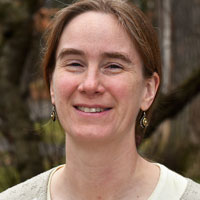
Contributed by: Dr. Elizabeth Jensen is a professor of Chemistry at Aquinas College, where she has taught since 2003. She earned her Ph.D. in 2002 from Iowa State University and her B.A. in 1996 from Luther College.
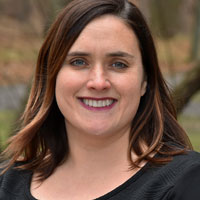
Dr. Jennifer Hess is a tenured, associate professor in the Aquinas College Biology Department, which she joined in 2005 after completing a post-doctoral fellowship at Juniata College. She earned her Ph.D. in 2003 from the University of Maryland, Baltimore and her B.A. in 1998 from McDaniel College.
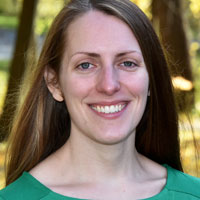
Dr. Rebecca Penny Humphrey is an evolutionary ecologist and assistant professor of Biology at Aquinas College. She earned her Ph.D. in 2015 from Indiana University and her B.S. in 2008 from Sweet Briar College.
1. National Science Foundation, National Center for Science and Engineering Statistics. 2016. Women, Minorities, and Persons with Disabilities in Science and Engineering: 2017. Special Report NSF 17-310. Arlington, VA. Available at https://www.nsf.gov/statistics/2017/nsf17310/data.cfm.
2. National Science Foundation, National Center for Science and Engineering Statistics. 2016. Doctorate Recipients from U.S. Universities: 2015. Special Report NSF 17-306. Arlington, VA. Available at www.nsf.gov/statistics/2017/nsf17306/.

